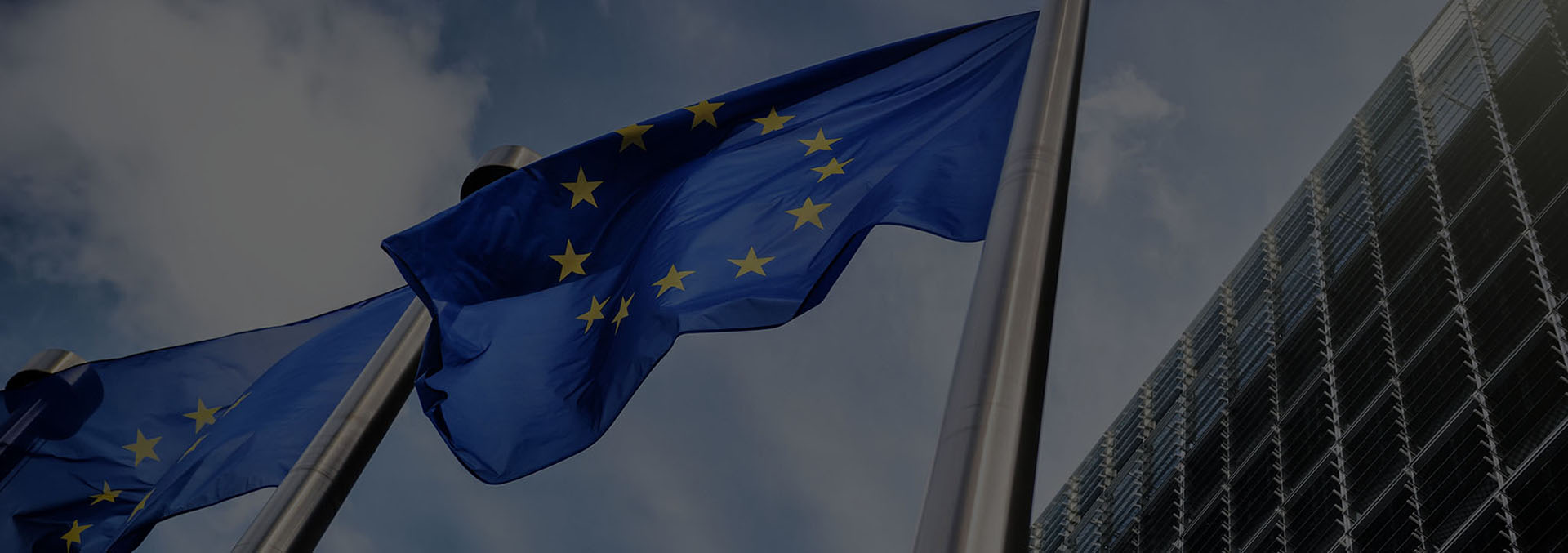The e-commerce industry is particularly sensitive to changes in regulatory regulations due to the specificity of its marketing strategies. General Data Protection Regulation (GDPR) will make e-business once again measure their compliance with legislation.
E-commerce - Marketing consent
The EU guidelines, which enter into force in May 2018, introduce a number of significant changes for businesses. GDPR for e-commerce has a huge impact on marketing actions. Regulation greatly expands and adds new rights to citizens. Therefore, traditional e-mail marketing, which is the basis of many marketing strategies in e-commerce must be even more cautious. You can find more about GDPR and marketing in this article.
To ask for consent in accordance with the new guidelines, they must be:
- separated - consent and regulations must occur separately,
- voluntary and informed (opt-in) - consent check boxes shouldn’t be automatically marked,
- granular - different marketing activities require separate approvals,
- named - every third page must be listed.
In addition to the need for explicit consent, clients are also protected by the right to be forgotten. This means that if they do, they can delete their data or account as easily as they did, and it is your responsibility to permanently and completely remove information about that person from the system.
More rights for users
GDPR for e-commerce it is not only the need to express a number of consents and the right to be forgotten. From May 2018, e-clients will also have the right to transfer their data, not only personal but also those resulting from the use of the service, extended right to information (eg information on data processing time) or the right to refrain from profiling. Entrepreneurs will also concern the principle of data minimization, ie not collecting more and more data than is needed. For e-commerce, especially those using advanced IT systems, this implies the need to implement changes at the legal level (process definition) and technology (appropriate security at every stage of the process).
More painful consequences
Many GDPR for e-commerce issues will be governed by yet another document - the e-privacy regulation, which is to clarify the GDPR guidelines.The regulation will primarily regulate issues related to unwanted marketing, cookies, e-mail and tele-marketing, confidentiality and use of metadata.
From the point of view of new EU regulations, the customer and his right to control his data are paramount. As a result, more restrictions will be imposed on entrepreneurs and the potential consequences of non-compliance will be much greater after May 2018. Widespread fear now raises the possibility of possible penalties of 20 million euros or 4% of global annual turnover.








Let's stay in contact